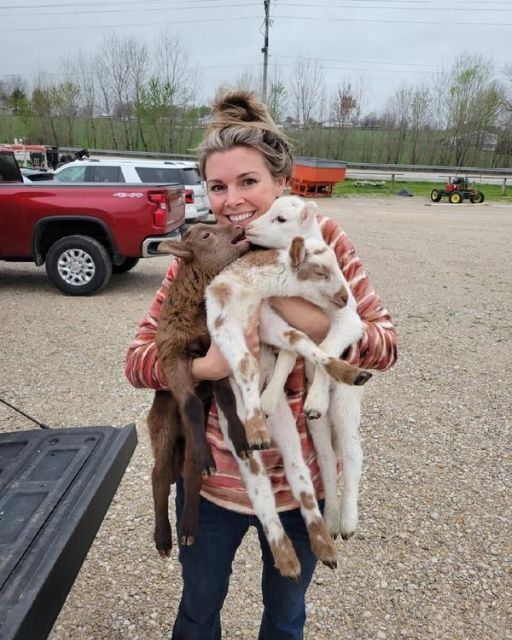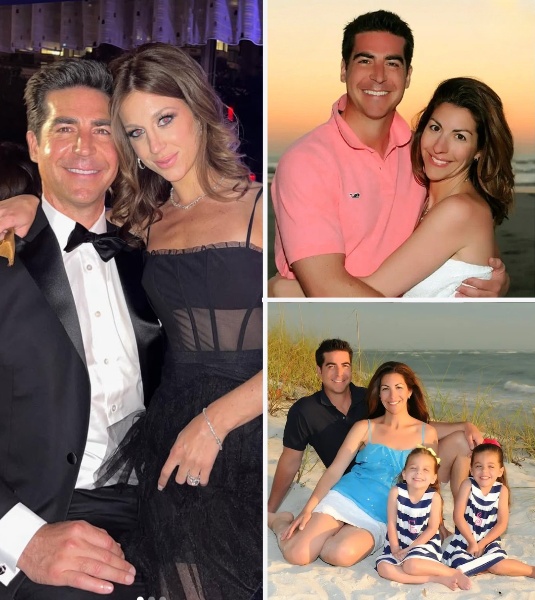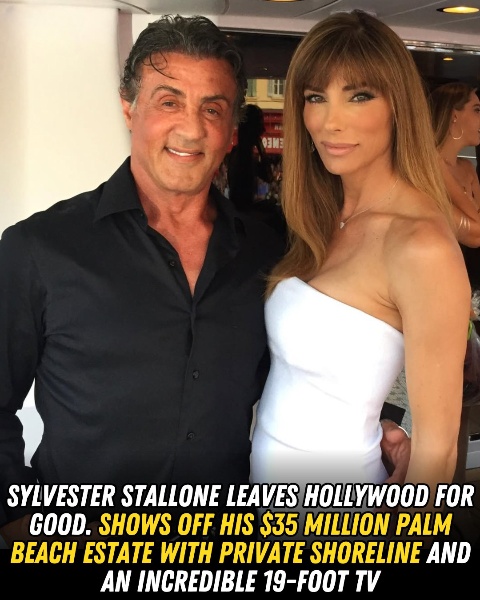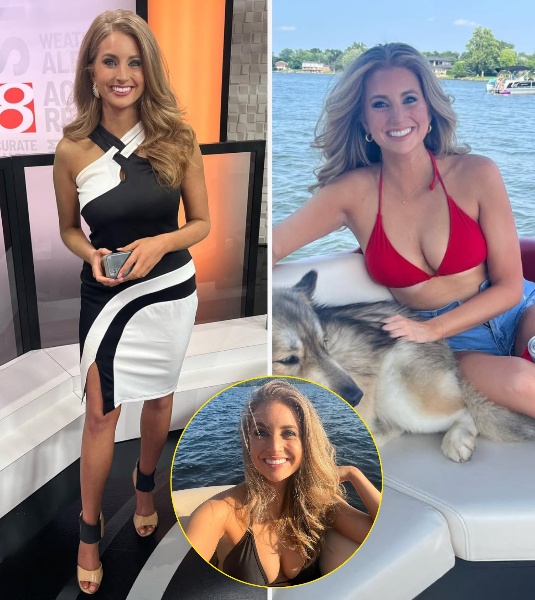
I never planned to stop at that roadside auction.
I was just driving home from Mom’s old place—clearing out the last box of her sweaters, trying not to cry into the steering wheel—when I saw the sign: “FARM SALE – TODAY ONLY.” Something in me hit the brakes.
The place smelled like dust and diesel and old hay. I wasn’t looking to buy anything. But then I saw them—three tiny goats, huddled in a corner pen. One brown, one white, and one mottled like some half-drawn sketch. Shivering. Way too young to be separated from their mother.
The guy running the pen told me they were “unsold leftovers.” Meant for feed.
That word—leftovers—hit like a slap.
You see, the night before my mother passed, she’d looked at me through her oxygen mask and whispered something I couldn’t make sense of at the time:
Don’t leave the soft things behind.
I thought she meant memories. Or maybe her dog.
But standing in front of those three baby goats, barely more than a bundle of bones and trembling fur, I heard her voice like thunder in my head.
So I did something wild.
I scooped them up—literally, all three—and said, “I’ll take them.” I had no plan. No farm. No idea how to raise goats. Just a backseat full of blankets and a trunk full of grief.
And as they nuzzled into my arms, bleating like they already knew me, I realized what she meant.
“Don’t leave the soft things behind.”
She wasn’t talking about things. She meant moments like this. Lives like these.
I didn’t have a farm. But I had a chance.
So I drove straight to my little suburban house with three baby goats in tow, heart pounding like I was smuggling contraband. My neighbor, Miss Edna, was outside watering her roses when I pulled into the driveway.
She raised an eyebrow. “You got livestock now, Tessa?”
I laughed nervously. “I… I guess I do.”
To my surprise, she didn’t scold me. Instead, she said, “Well, you’ll need help. Come by after supper.”
Turns out, Miss Edna had grown up on a dairy farm. She became my mentor overnight, teaching me how to bottle-feed, how to keep their bedding dry, how to spot signs of illness. We set up a makeshift pen in my garage while I researched local farms and zoning laws.
I named them Maple, Clover, and Pepper.
They quickly became my little shadows. Mornings were bottle time, afternoons were messy playtime in the backyard, and evenings were soft little snores from their hay bed. They healed something inside me I didn’t even realize was broken.
But not everyone was thrilled.
Two weeks later, I got a knock at my door. It was Mr. Halvorsen from the HOA.
“You can’t keep livestock here, Ms. Martin. It’s against community rules.”
My heart sank. I tried to explain—they were rescues, they wouldn’t stay forever, I was already looking for a small plot of land to move them to.
He shook his head. “Thirty days. After that, you’ll be fined.”
That night, I sat on my porch swing, feeling helpless. The goats were sleeping peacefully inside, but my chest felt heavy again—like losing Mom all over.
Then Miss Edna came by, holding two cups of chamomile tea.
“Don’t give up yet, honey,” she said softly. “You know, my cousin Marlin has that old property out on Mill Creek. He’s been talking about selling. Maybe you should talk to him.”
I stared at her, hope flickering.
The very next morning, I met with Marlin. The property was perfect—five acres, a small barn, even a chicken coop. And, in a stroke of mercy, he offered me a price I could actually afford, saying, “Your mama was always kind to our family. She’d want you to have this.”
I emptied my savings. Sold off a few pieces from Mom’s estate I had been holding onto. And within a month, I was the proud, terrified owner of a small farm.
Moving day was bittersweet. As I drove out of my suburban neighborhood for the last time, I looked back at my little house, where I had spent so many years hiding behind grief.
But now, with Maple, Clover, and Pepper bleating softly in the backseat again, it felt like I was finally stepping into something new. Something alive.
The farm was rough at first. Fencing needed repairs. The roof leaked. And the weeds seemed to multiply overnight. But every morning, the goats greeted me like old friends, their little heads nudging my legs.
Miss Edna visited often, helping me set up a small garden and teaching me how to mend fences. Neighbors from the nearby town dropped by, offering advice and extra hay bales. Before long, my little farm wasn’t just a home—it was a healing place.
One evening, as the sun dipped behind the hills, I sat on the porch, sipping tea, listening to the soft bleats and chirping crickets. That’s when I finally understood Mom’s words completely.
“Don’t leave the soft things behind.”
She wasn’t just talking about goats. She was talking about life. About opening your heart again, even when it hurts. About saving what can be saved. About building something gentle in a world that often isn’t.
And in saving them, I’d saved myself.
If this story touched you, please like and share. Sometimes the smallest rescues turn into the biggest blessings. You never know whose life you might change—including your own. 💚



